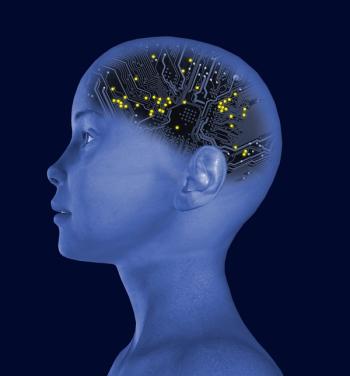Early relapse is a limiting defect in electroconvulsive therapy (ECT). Although more than 80% of patients with a severe depressive illness who complete an acute course of ECT are relieved within three weeks, up to 60% relapse within six months, despite continuation treatments with antidepressant medications.1,2 In a large, government-supported, collaborative study led by the Columbia University Consortium (CUC), patients with unipolar major depression that had failed to respond to multiple trials of medications were treated with ECT to clinical remission and then randomly assigned to one of three continuation treatments--placebo, nortriptyline (Aventyl, Pamelor) alone, or the combination of nortriptyline and lithium (Eskalith, Lithobid). The patients were monitored for adequacy of blood levels.1 Within the six-month follow-up period, 84% of patients treated with placebo, 60% of patients treated with nortriptyline, and 39% of patients treated with the combination medications had relapsed.

